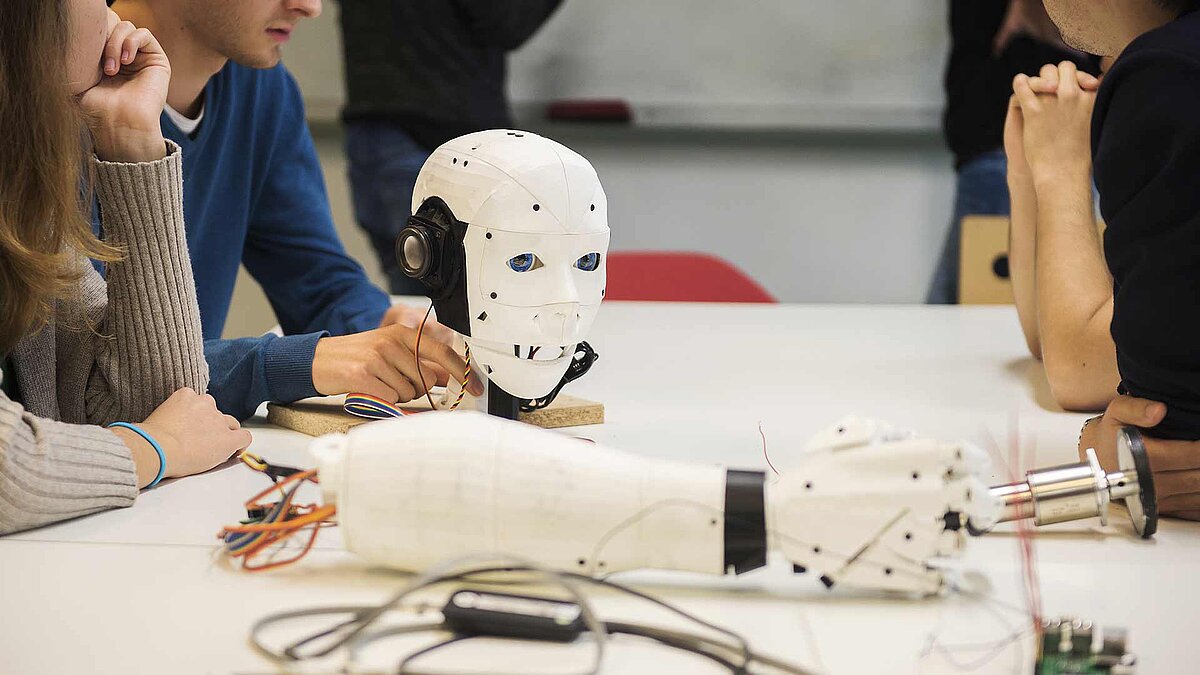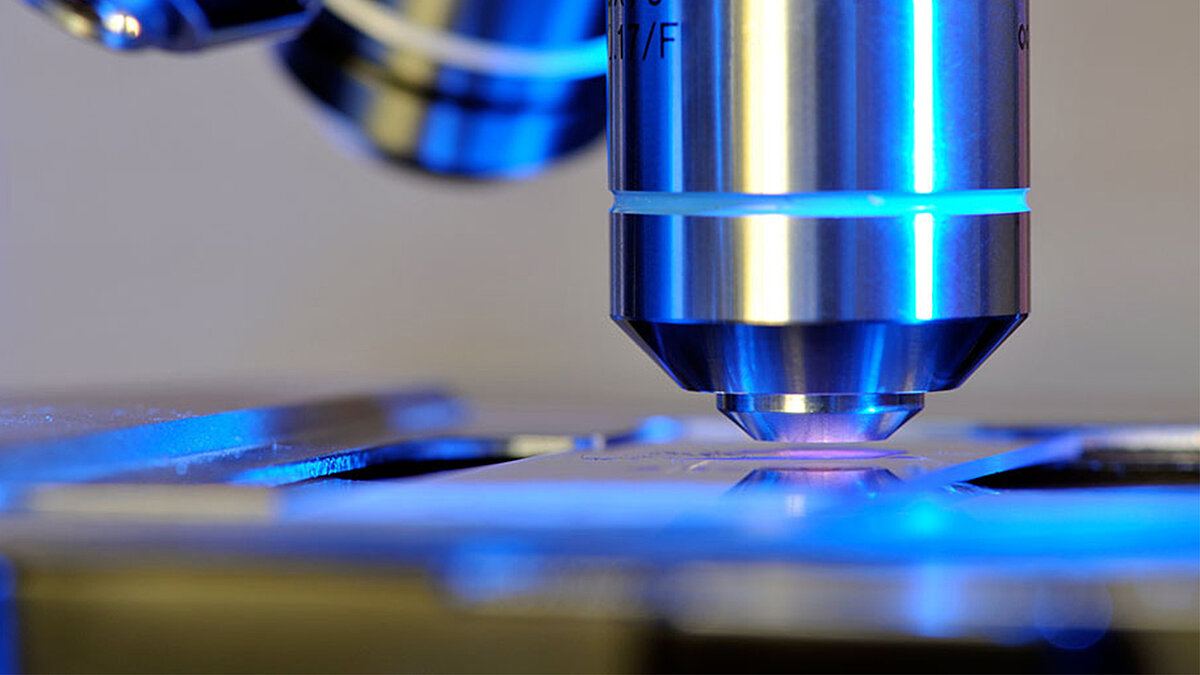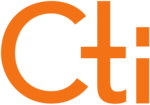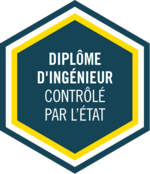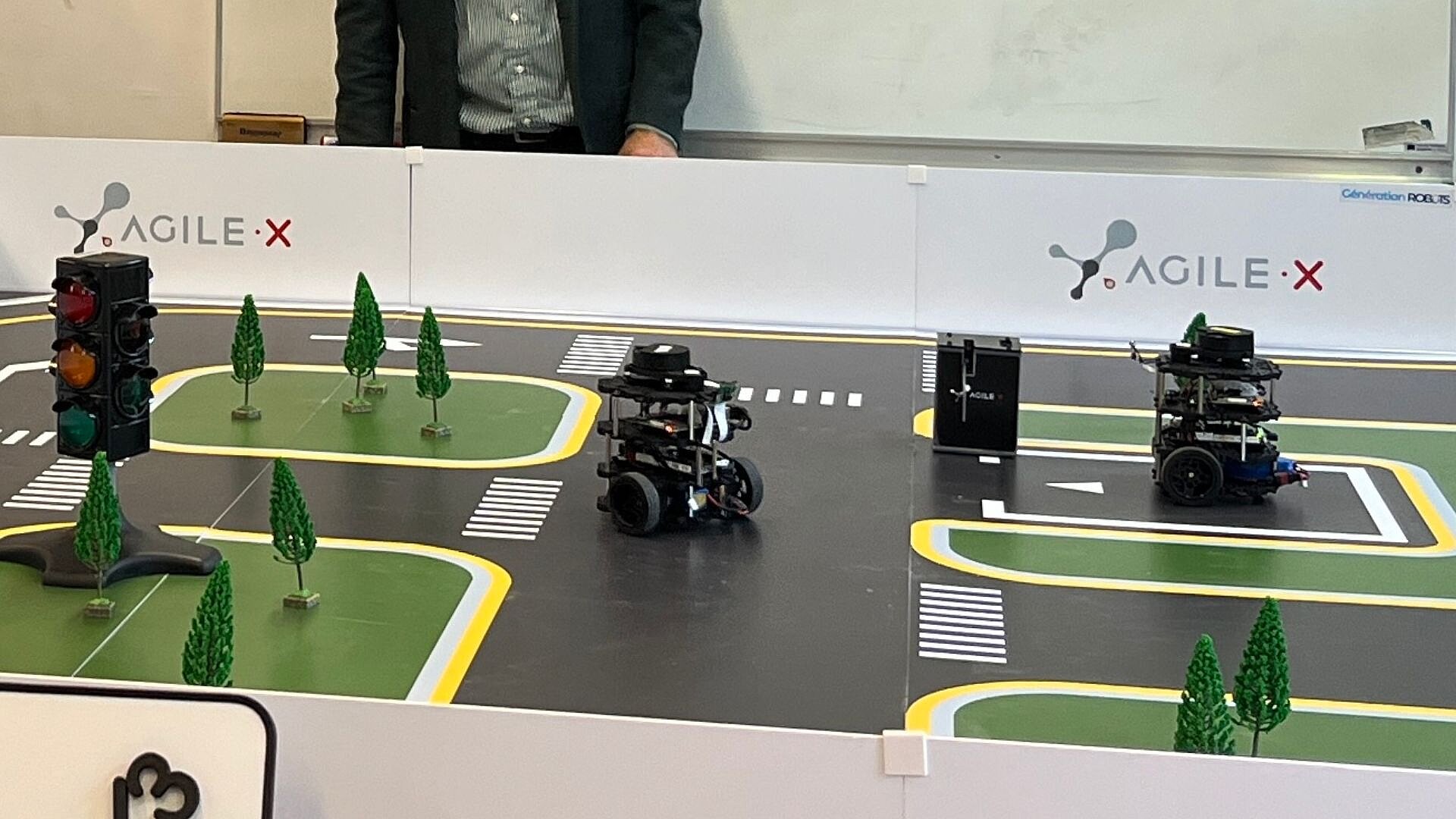
Embedded systems engineer programme
ESIEE Paris offers a specialization in embedded systems within its engineering programme during the last two years of the course, accredited by the engineering titles commission (CTI).
Degree
Engineering
Modality
Full-time
Duration
2 years
Degree level
Bac +5 master's degree
Why should I become an embedded systems engineer?
In charge of integrating processors and on board intelligence in a great number of everyday objects, embedded systems engineers occupy a key position within a company.
The ESIEE Paris Embedded systems engineering degree, responds to the development of new technologies and the digitization of our daily life. This training forms engineers that are capable of designing technological objects, both material and software, while integrating adapted, safe and optimized engineering solutions and also, respecting the embedded constraints (expense, congestion and energy use).
What will the programme bring me?
Objectives
- To form multidisciplinary engineers that can master physical and software architectures and combine them in an optimal way inside an embedded system
- To acquire the necessary foundation for the conception of an embedded system : real time data, electronic for embedded, automatic for the system control
- To reinforce and consolidate learning by active teaching through a large number of projects based on a multiplicity of physical platforms (robots, drones, on board computers, simulators…)
- To manage a project with a global approach (systemic vision) and to know how to interact with different professionals (computer scientist, electronic engineer, automation experts…)
Skills
- Establishing correctly dimensioned physical and software architectures, respecting the embedded constraints (expense, congestion, energy use…)
- Developing mobile and communication real-time apps
- Designing electronic embedded architecture in devices
- Establishing control systems with automatic control
- Developing safe, reliable and fault tolerant critical systems
- Adopting a global approach to the system design which links hardware, software and control performance
Professional opportunities
Examples of applications
- Vehicle engine checks
- Active suspension
- Drone piloting
- App designing for Android tablet, etc.
Professions / Positions
- Onboard systems architect
- Real time on board application development engineer
- Distributed control/command systems designer
- Research and development engineer
- Applications engineer
- After sales engineer
Sectors of activity
- Automobile
- Aeronautics
- Defence
- Medical instrumentation
- Multimedia (camera and photography systems, printing, telephone systems)
Companies that have recruited graduates from the sector:
AirbusAlstomAtosAusyCNRSDassault AviationEiffageExpleoMBDARATPRenaultSafranSmileThalesViveris
96 %
of the young graduates found their first job within 4 month after of graduating (promo 2023)
90 %
of our students even found a contract before the end of their training
43 400 €
is the average annual gross salary (France and International)
How is the programme structured?
At the end of the first year of the engineering cycle, students choose their field of study. The course of study is spread over two years with compulsory and optional scientific and technical courses, management courses and modern languages.
Programme
2nd year of the engineering cycle
The courses take place over two semesters, each one subdivided into two periods. The first semester consists of two teaching periods. The second semester is made up of one teaching period and an internship period of at least 12 weeks. From January to April, students must work in teams on multidisciplinary projects proposed by industrial partners, laboratories or ESIEE Paris teachers. All students may take optional modern language 2 courses.
- UE - Advanced science and technology (330 h - 27 ECTS)
- UE - Open science and technology (110 h - 10 ECTS)
- UE - Management and human sciences (120 h - 7 ECTS)
- UE - Modern languages (90 h - 6 ECTS)
- Internship (12 ECTS)
3rd year of the engineering cycle
The courses take place over in two semesters. The first semester consists of two teaching periods. In the second semester, the student must complete an end-of-studies internship of at least 24 weeks (6 months) in a company or research laboratory.
- UE - Advanced science and technology (180 h - 18 ECTS)
- UE - Open science and technology (60 h - 5 ECTS)
- UE - Management and human sciences (90 h - 5 ECTS)
- UE - Modern languages (42 h - 4 ECTS)
- Internship (30 ECTS)





